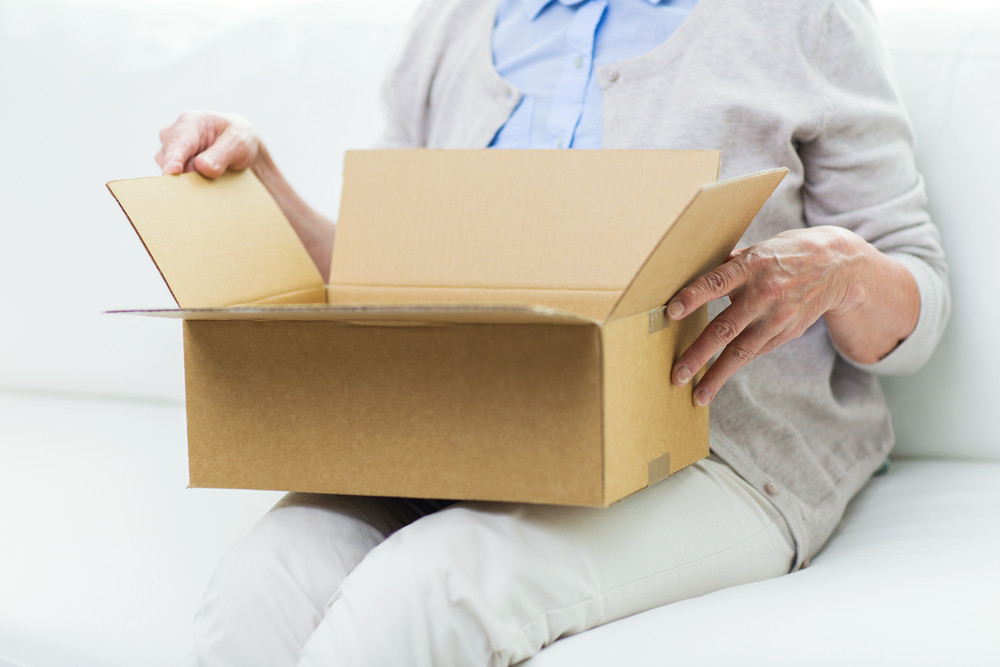Popular Reads
Top Results
Can't find what you're looking for?
View all search resultsPopular Reads
Top Results
Can't find what you're looking for?
View all search resultsHome delivery for the aged: French youngsters reviving 'village spirit'
Change text size
Gift Premium Articles
to Anyone
I
n a supermarket in the old quarter of Nice, Bastien Gambaudo surveys the shelves of bleach and other household detergents. He is not shopping for himself but for an elderly woman whose fragile health puts her at risk of contracting the coronavirus.
Gambaudo set up the neighborhood association The Committee of Old Nice a year ago. But when the coronavirus started spreading through France like wildfire, he and the group's 10 members plastered hundreds of fliers around the neighborhood offering free home deliveries.
"We grew up in this neighborhood, there was a real village spirit, which we are trying to bring back," Gambaudo said as associates collected the shopping list of a resident living above a pastel-colored macaroon cafe.
Read also: How to do online grocery shopping in a time of coronavirus
The French health ministry says 85 percent of all coronavirus-related deaths in its hospitals concern patients aged 70 and older.
"When the lockdown was announced, we knew many people would be on their own, and would be taking a risk if they went shopping."
Around the world, health officials and governments are calling for rigorous measures to safeguard the old and warning younger people - who can carry the virus without knowing it - to avoid elderly parents or grandparents.
But this has left the elderly increasingly isolated.
Gambaudo and his team wear face masks and gloves to minimize the risk of catching the coronavirus and passing it on.
Asked if she was happy with the initiative, one elderly resident said: "Yes, I'm stuck at home and can't leave. I have a daughter but she's also afraid of going outside."







